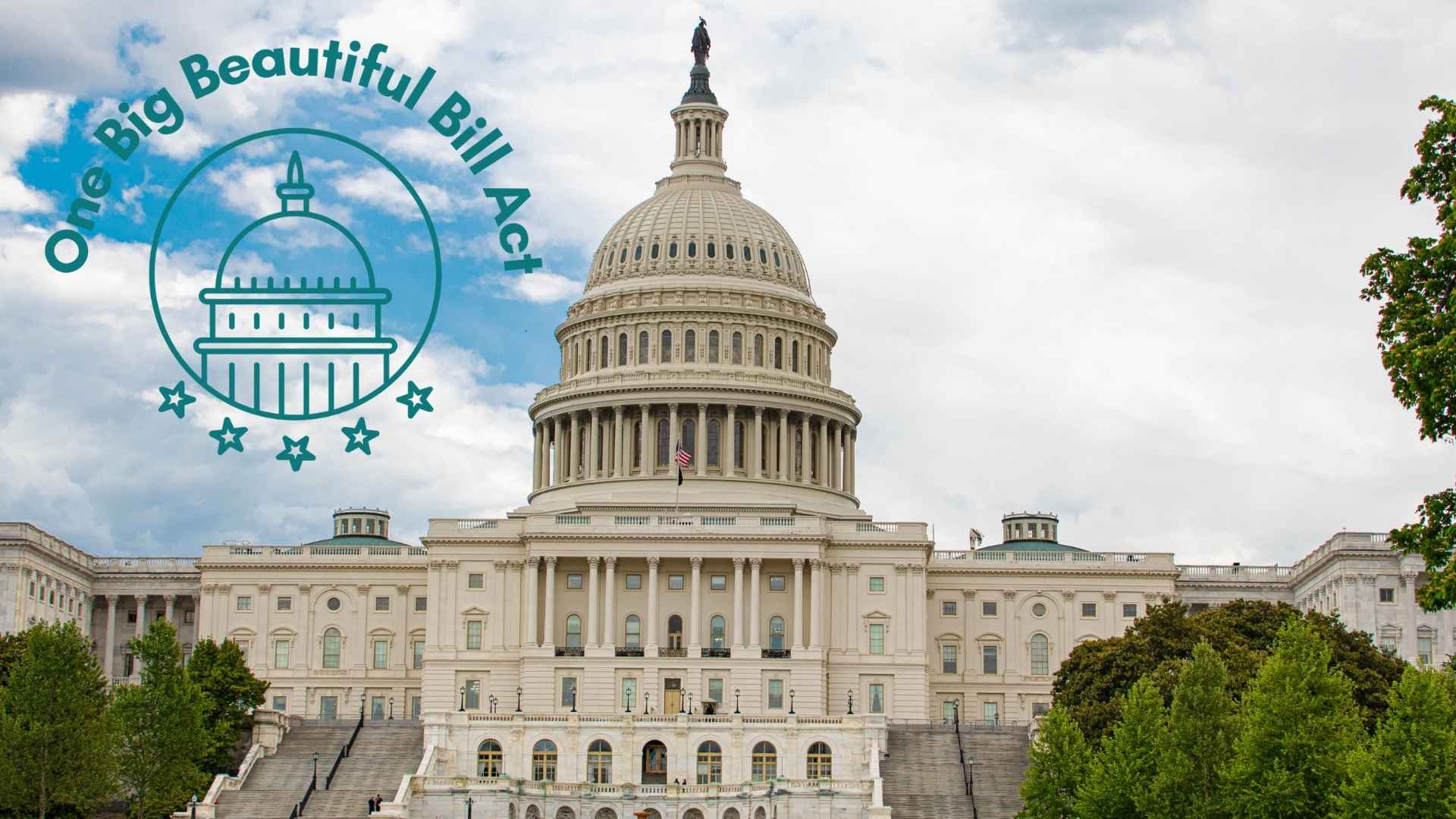Former President Donald Trump’s One Big Beautiful Bill Act (OBBBA) has generated a lot of buzz, with promises to eliminate Social Security taxes. However, new analysis by the Congressional Budget Office reveals that the bill’s provisions won’t fully eliminate taxes for all retirees, as many expected. Instead, it will primarily benefit low- and middle-income seniors.
Understanding the OBBBA’s impact on Social Security taxes and who will truly benefit from the new provisions
The OBBBA includes a key provision that will provide a standard tax deduction for seniors aged 65 and older. This tax reduction will start in 2025, increasing up to $6,000, and is set to last until 2028 unless extended further. This measure is targeted toward lower- and middle-income Social Security beneficiaries, but it does not eliminate taxes on Social Security benefits entirely. Here’s a breakdown of how the tax changes will work:
| Threshold | Benefit | Impact |
|---|---|---|
| Seniors 65+ | Tax deduction up to $6,000 starting in 2025 | Helps reduce taxable income for low/middle-income retirees |
| Income Below $25,000 (individual) | No Social Security taxes | 88% of Social Security beneficiaries will benefit |
| Income Above $25,000 | Up to 85% of Social Security taxed | Higher-income retirees may still pay taxes |
The bill is designed to assist primarily low- and middle-income retirees. The White House estimates that 88% of Social Security beneficiaries (about 51.4 million people) will not pay federal taxes on their benefits, which is a significant relief for many. However, seniors who already do not pay taxes or those who began receiving Social Security before age 65 will not benefit from the new measures.
While the bill provides some tax relief, it’s not the full tax elimination many expected. For example, the new tax deduction won’t apply to high-income retirees who already pay taxes on a large portion of their benefits.
What does the OBBBA really change in the taxation of Social Security benefits, and how will it impact retirees moving forward?
Currently, retirees with incomes above $25,000 (individuals) or $32,000 (couples) may see up to 85% of their Social Security benefits taxed. The OBBBA does not change the way Social Security taxes are applied; it only increases the standard deduction for a group of seniors, potentially helping them reduce their taxable income.
The tax reduction is temporary, with the deduction set to expire after 2028 unless further legislation extends it. Seniors should be aware that these changes do not mean that Social Security taxes are being entirely eliminated for all beneficiaries.
While the OBBBA introduces a positive change for some retirees, it’s important to understand that it does not offer the total elimination of taxes on Social Security benefits that was initially promised. Retirees should review their specific tax situations to ensure they take full advantage of the available deductions and plan accordingly for the future.

